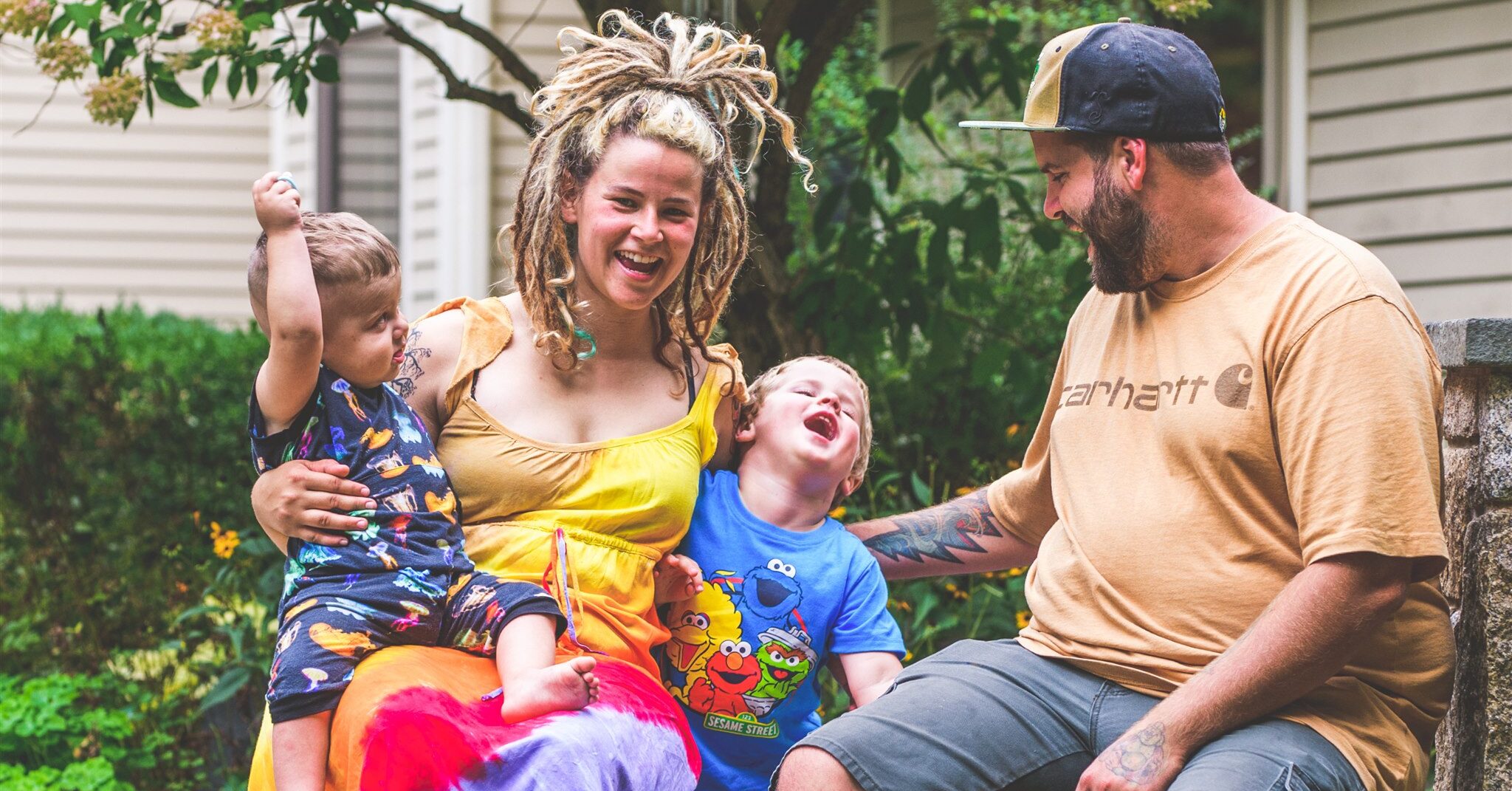
The Redmans
Onyx’s parents, Kris and Morgan, and their four year old son Jade have struggled in now being just a family of three. “It’s just devastating, we were so happy to have two boys close enough in age that they would be best friends for life
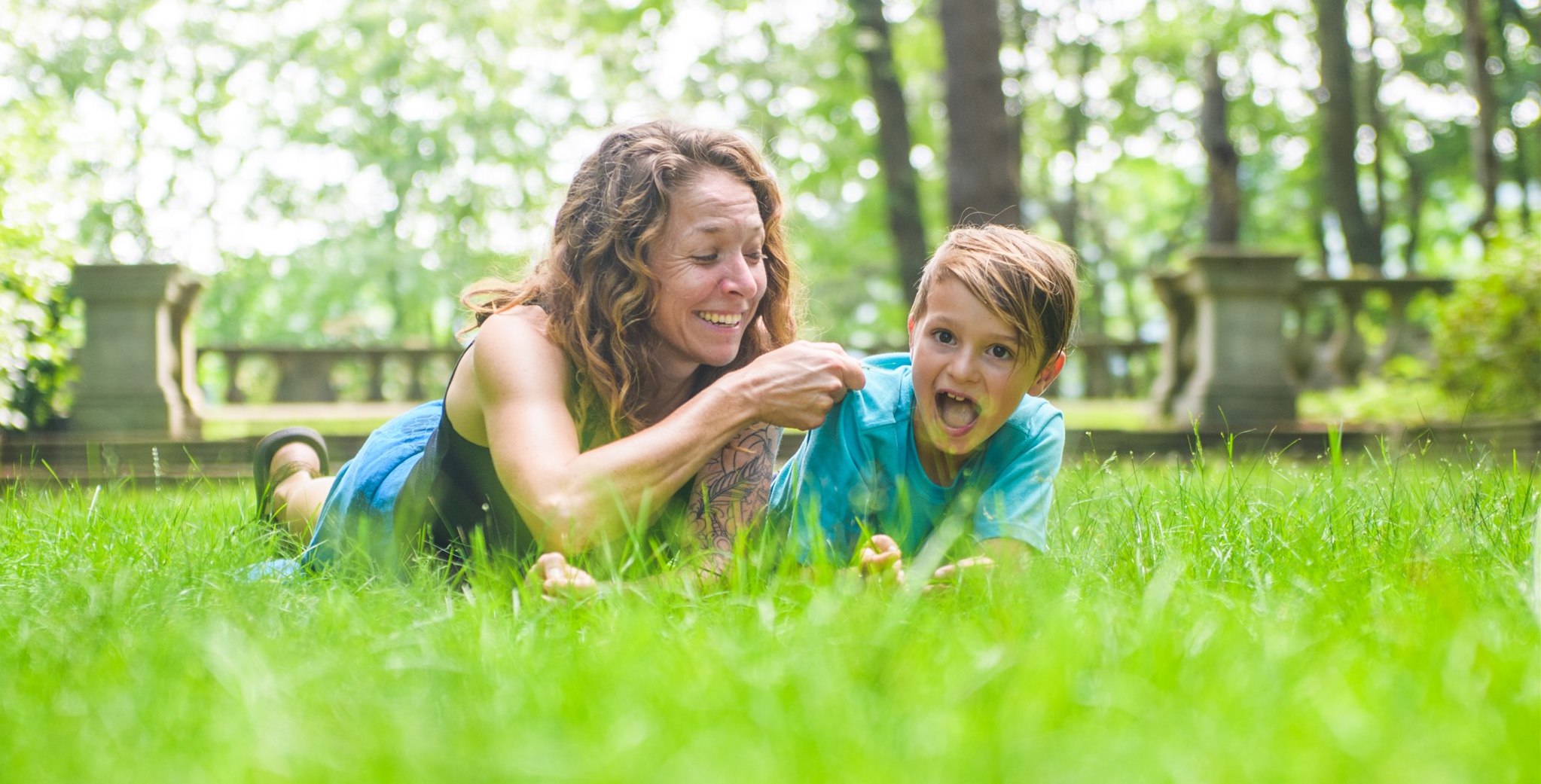
Maximus Strength
One of the hardest moments came in May of 2018, when they received the phone call that Max had relapsed. The oncologist called, somber and apologetic... "I'm sorry Sarah, it's back, there's three new tumors and we suspect there's more."
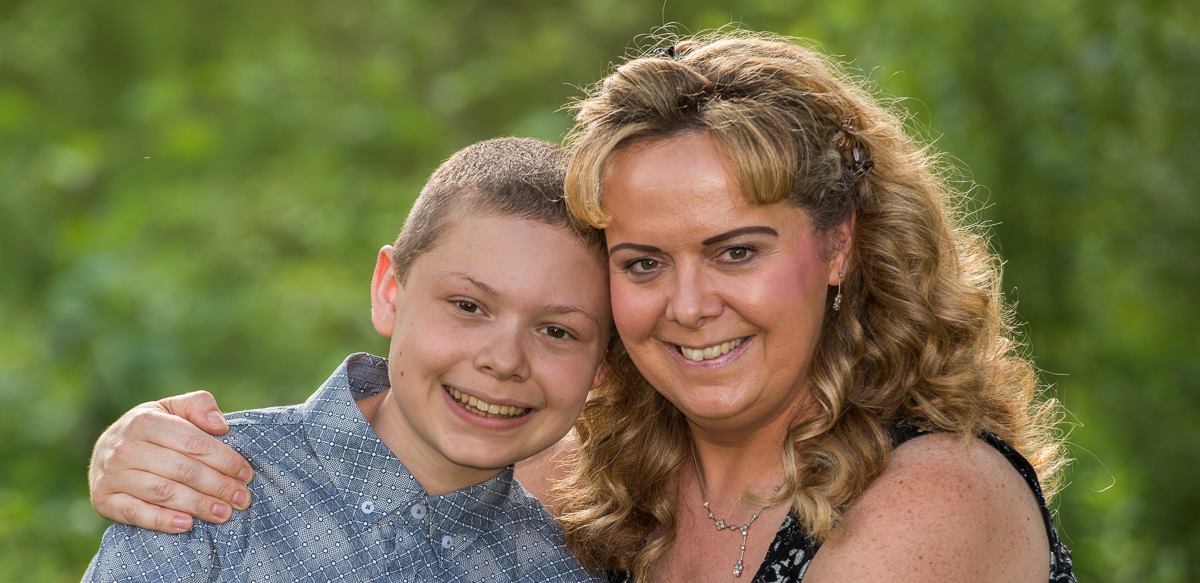
Zachary & Peggy
Zachary was equally in shock and disbelief and I recall him asking the doctor, “Am I going to die?” It was a tremendous heaviness as though the world was falling down on top of us.
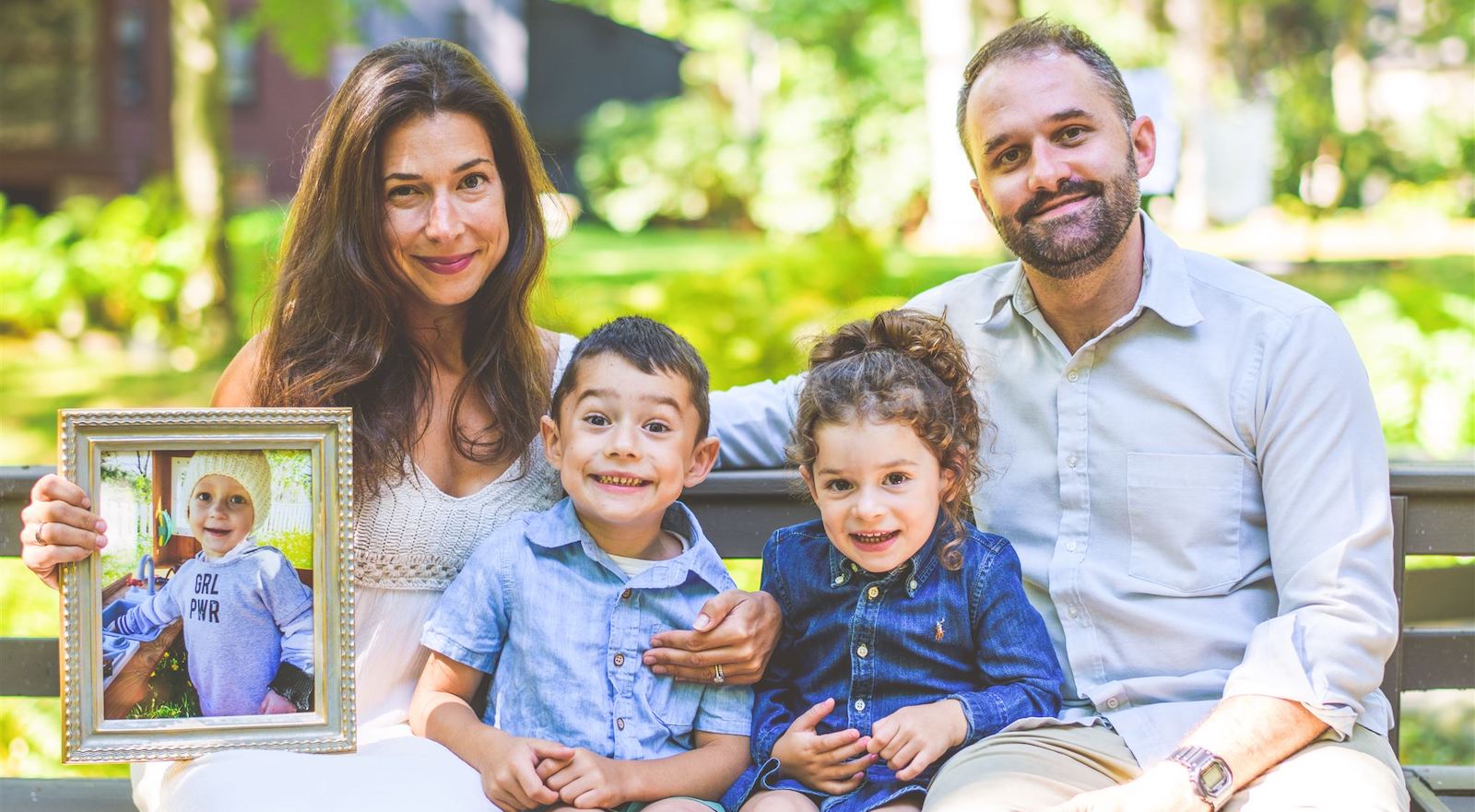
The Bares Family
Laurel died in our bed between my husband and I in the early morning of June 15, 2018. We were up with her the night before, singing songs and reading and telling her she was the love of our life.
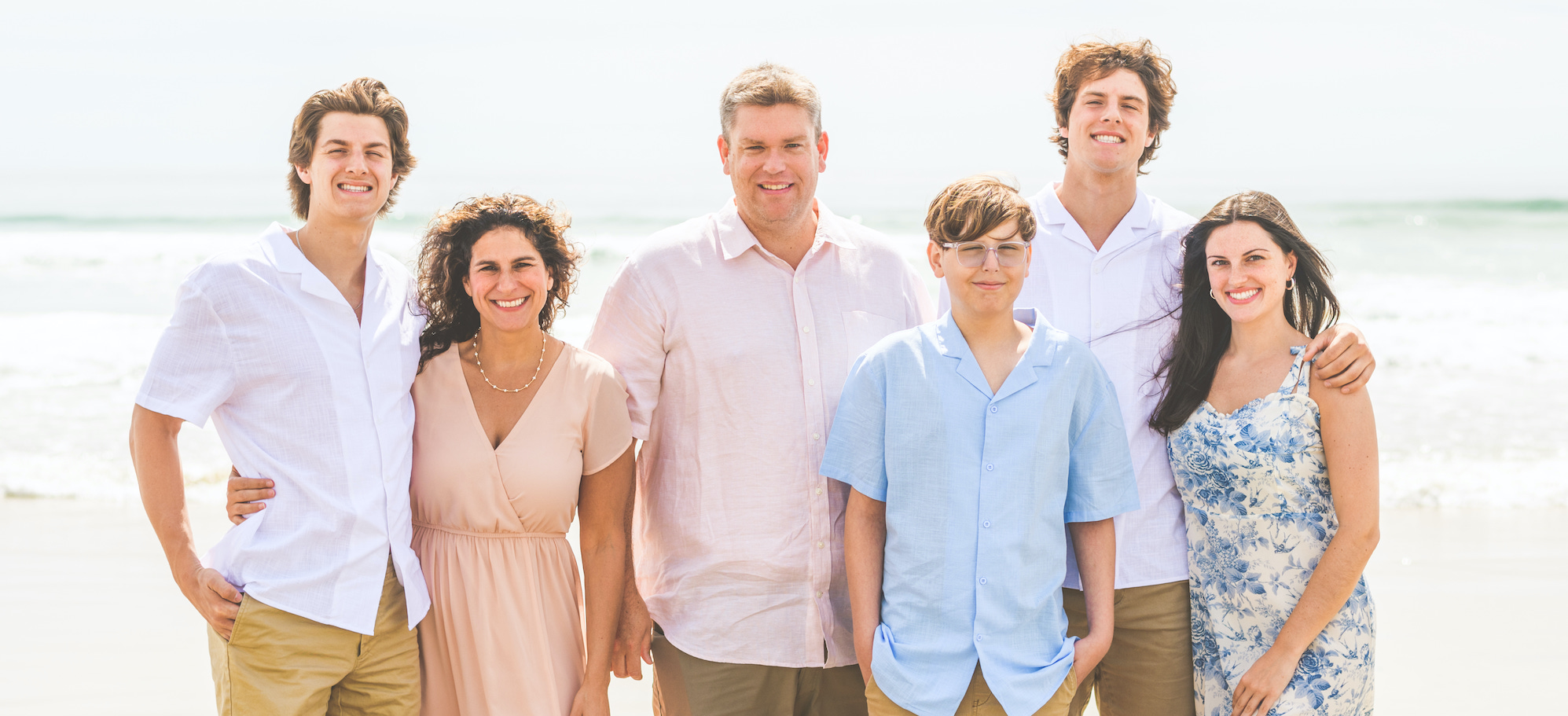
The Fromwiller Family
Chace’s mom told us that the news of his DIPG diagnosis completely rocked their world; it felt like their life completely stopped when everyone else’s kept going. They have experienced anger, sadness, and numbness at times.
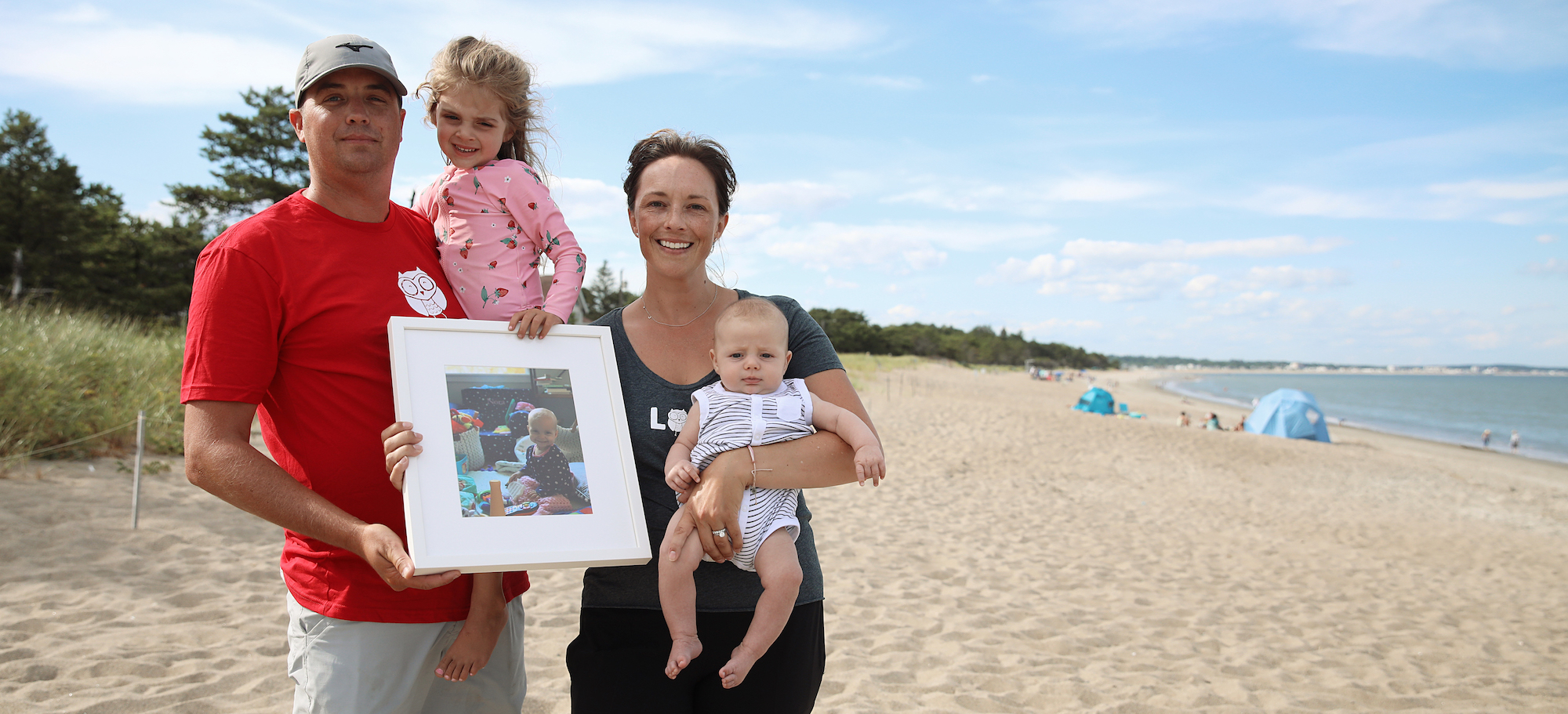
The Jarboe Family
June was an amazingly spirited girl. She was the happiest, always, despite life's circumstances. She completed treatment with beauty and grace. She is and was our angel and she will forever be the strongest person we have ever met.


